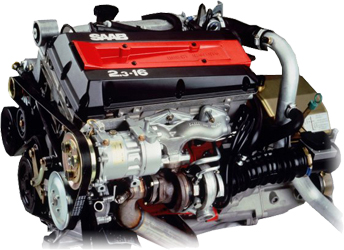B2768 Engine Trouble Code
Meaning of B2768 engine trouble code is a kind of body trouble code and B2768 if your catalytic convertor fails completely, you eventually won't be able to keep the car running. Your gas mileage will also be terrible, so you should try and fix it as soon as you can. Unfortunately, the average replacement cost is around $2,140 and you can't do it yourself unless you're an experienced mechanic.
B2768 Fault Symptoms :
|
If one of these reasons for B2768 code is occuring now you should check B2768 repair processes.
Now don't ask yourself; What should you do with B2768 code ? The solution is here : |
B2768 Possible Solution:

|
Gasoline engines use spark plugs to cause an explosion of fuel within the cylinder. In a properly timed engine, this explosion occurs at the proper moment to send the piston to the bottom of the cylinder and provide power to the drive shaft. If the plug wires are out of sequence, the explosion occurs at the wrong time. The improper timing of the explosion sometimes pushes the cylinder the wrong direction or interferes with the turning of the crank. As a result, the engine stutters or backfires, if it runs at all. |
B2768 Code Meaning :
| B | 2 | 7 | 6 | 8 |
|---|---|---|---|---|
| OBD-II Diagnostic Body (B) Trouble Code For Engine | Fuel And Air Metering (Injector Circuit Malfunctions Only) | Fuel Rail Pressure Sensor Circuit Malfunction | Cylinder 4 Contribution/Balance Fault | Clutch Position Sensor Circuit Malfunction |
The catalytic converter has an oxygen sensor in front and behind it. When the vehicle is warm and running in closed loop mode, the upstream oxygen sensor waveform reading should fluctuate.
B2768 OBD-II Diagnostic Body (B) Trouble Code DescriptionB2768 engine trouble code is about Clutch Position Sensor Circuit Malfunction.Main reason For B2768 CodeThe reason of B2768 OBD-II Engine Trouble Code is Fuel Rail Pressure Sensor Circuit Malfunction. |
B2768 DTC reports a sensor fault, replacement of the sensor is unlikely to resolve the underlying problem. The fault is most likely to be caused by the systems that the sensor is monitoring, but might even be caused by the wiring to the sensor itself.

